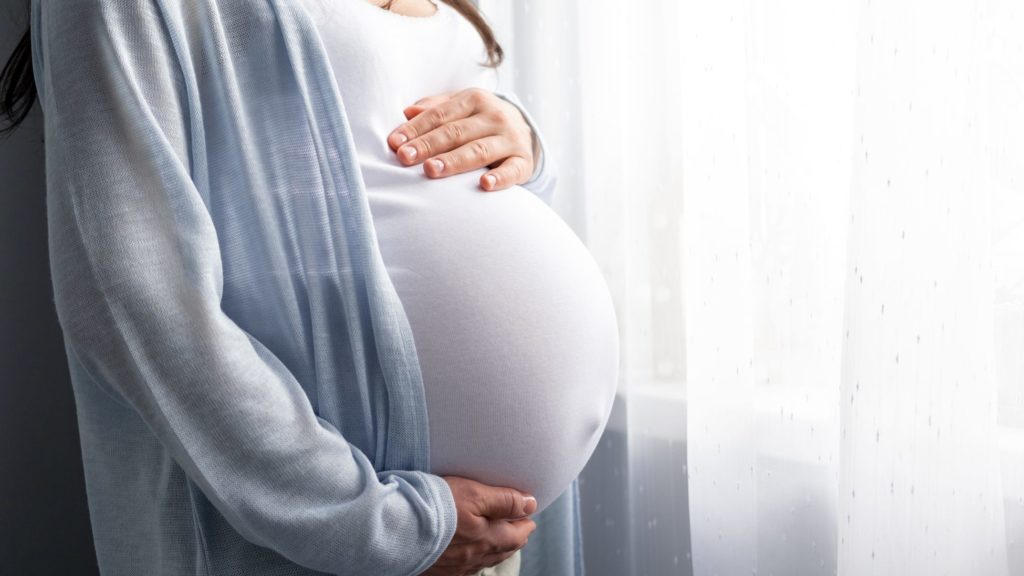PHOENIX – An Arizona woman who used medicinal cannabis to combat morning sickness during her pregnancy will have her name removed from the state’s child-abuse registry.
The order from the Arizona Supreme Court on Thursday means Lindsay Ridgell will no longer be listed on the Confidential Registry, which limited her job prospects since she was placed on it in 2019. It also could have broader implications, as medicinal cannabis use is less likely to be treated legally as a form of child neglect.
“It’s so magnificent,” Ridgell’s attorney, Julie Gunnigle, said of the single-page order from the high court. “My client has been suffering for four years, fighting the uncertainty of this case.”
The Arizona Supreme Court declined to accept an appeal from the state Department of Child Safety, which defended its decision to list Ridgell on the registry after her newborn tested positive for cannabis in February 2019. The department was on the losing side of an unanimous decision from the Arizona Court of Appeals last April. The three-judge panel found Ridgell’s cannabis use was lawful and did not amount to child neglect.
Ridgell worked for Arizona’s Department of Child Safety at the time of her pregnancy, and found herself not only accused of child neglect but also out of a job as a result.
Neglect and abuse charges can trigger a person’s placement on the registry, which employers use as part of background checks on staff who work with vulnerable children and adults. Anyone placed on the list remains on it for 25 years, which has prompted critics to label it as a “black list.”
Ridgell argued that she had a medicinal cannabis card issued by her doctor, who knew she was pregnant. Ridgell said she used the substance to ease morning-sickness symptoms.
The appeals court noted that Arizona’s Medical Marijuana Act says cannabis use “must be considered the equivalent of the use of any other medication under the direction of a physician” and concluded Ridgell did nothing wrong. That ruling last year reversed a string of previous legal decisions that had found Ridgell had neglected her child.
‘This is of national import’
Ridgell was not immediately available for comment Thursday. But in an interview last year, she said her son was doing well and that, since being placed on the registry, she was having a hard time finding a job.
Gunnigle said Thursday’s order should make it easier for Ridgell to find work.
It also sets a higher standard for the Department of Child Safety if it wants to claim neglect when a pregnant woman uses medical marijuana under the rules established by state law, she said. For example, the Department of Child Safety would have to prove marijuana was used irresponsibly and put a child in harm’s way, she said.
“This is of national import,” Gunnigle added. While other states have had medicinal cannabis issues related to child welfare cases, none of them have won a court ruling as clear as that handed up by the Arizona Court of Appeals, she said.
Dozens of group filed a friend of the court brief in support of Ridgell, from National Advocates for Pregnant Women, the Academy of Perinatal Harm Reduction, the National Coalition for Child Protection Reform, numerous doctors and the comedian and actress Amy Schumer, who has spoken out about marijuana use during pregnancy.
H/T: www.usatoday.com



